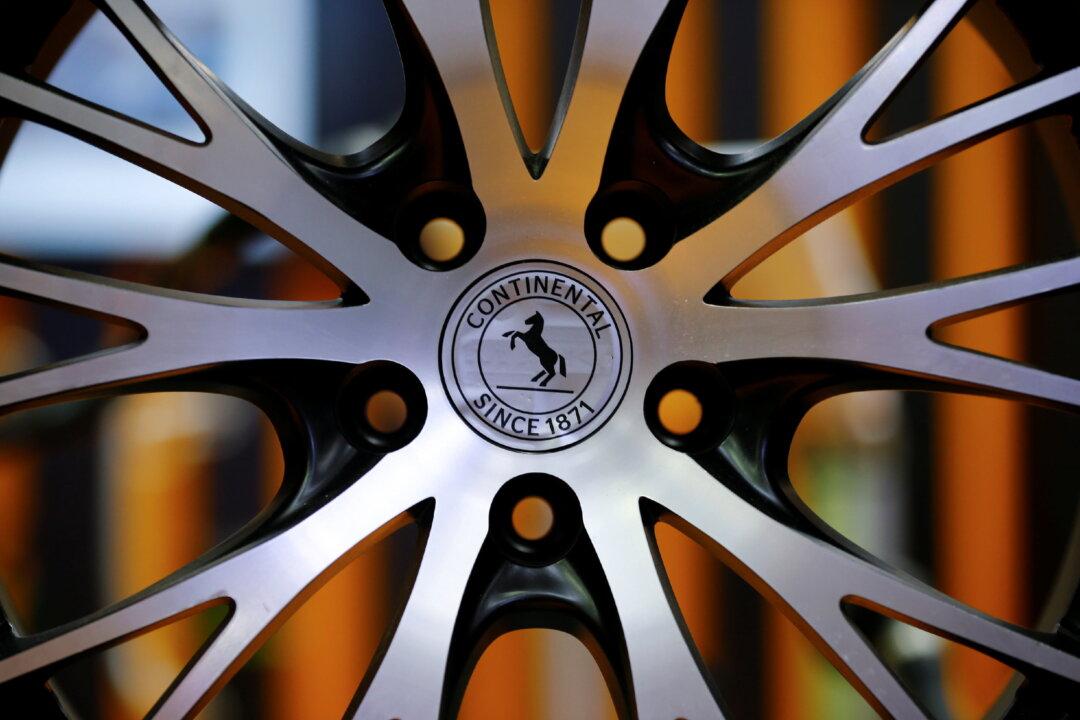FRANKFURT—German car parts supplier Continental AG has temporarily resumed tyre production for passenger cars at its Russian plant in Kaluga, it said on Tuesday, to protect local workers who could otherwise face criminal charges.
Continental said the move was aimed at meeting local demand and in line with sanctions imposed on Moscow for its invasion of Ukraine, which Russia calls a “special military operation.”





